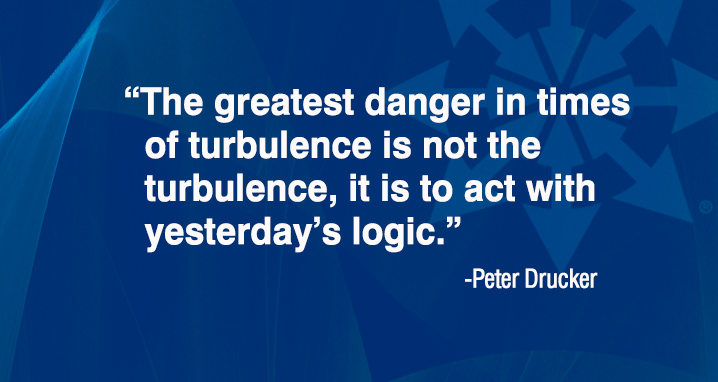The power of organizational culture for achieving outcomes of value continues to be increasingly understood and accepted across industries and throughout the world. In the process, however, there has been growing tendency for leaders and consultants to try to create problem- or issue-specific cultures—that is, sets of values and norms narrowly directed toward and defined by the latest or most urgent organizational problems that need to be addressed and resolved.

Create sustainable, high-performance cultures and impact the world.
The right culture doesn’t depend on factors like industry or strategy. The right culture can only be uncovered using the right processes and tools. Do your homework to discover which ones those really are – and that will identify the gaps between current and ideal cultures, propose levers for change and move your leaders, employees and company in a Constructive direction.
Although virtual facilitation may pose certain challenges, a digital structure also offers many advantages. The insights here will provide you with ideas for designing and delivering engaging learning programs when you and your participants are geographically dispersed.
History will show this period may be one of the greatest learning opportunities that organizations will ever have. The stakes are high; the decisions that CEOs make will determine the trajectory of their organization, not only for the next few months, but for the next few years.
Before COVID-19 became a pandemic, the majority of people around the globe were already working remotely and interacting electronically part of the time. However, now that entire organizations are required to temporarily work from home, employers have become increasingly concerned about whether their teams will be able to solve problems effectively and achieve goals in a virtual environment. What can leaders and managers do to support team members to work together effectively?
Among the most important and unique points of Creating Constructive Cultures is that leaders affect culture—and culture affects leaders. At least half of this is missing from just about every culture conversation.
While it’s never an overnight change, culture transformation is a vital part of an organization’s success when done correctly. With 12 years of experience and the assessment tools that provided quantitative data showing where we are, where we want to go, and how we need to get there – Inclusa’s culture journey seemed attainable.






